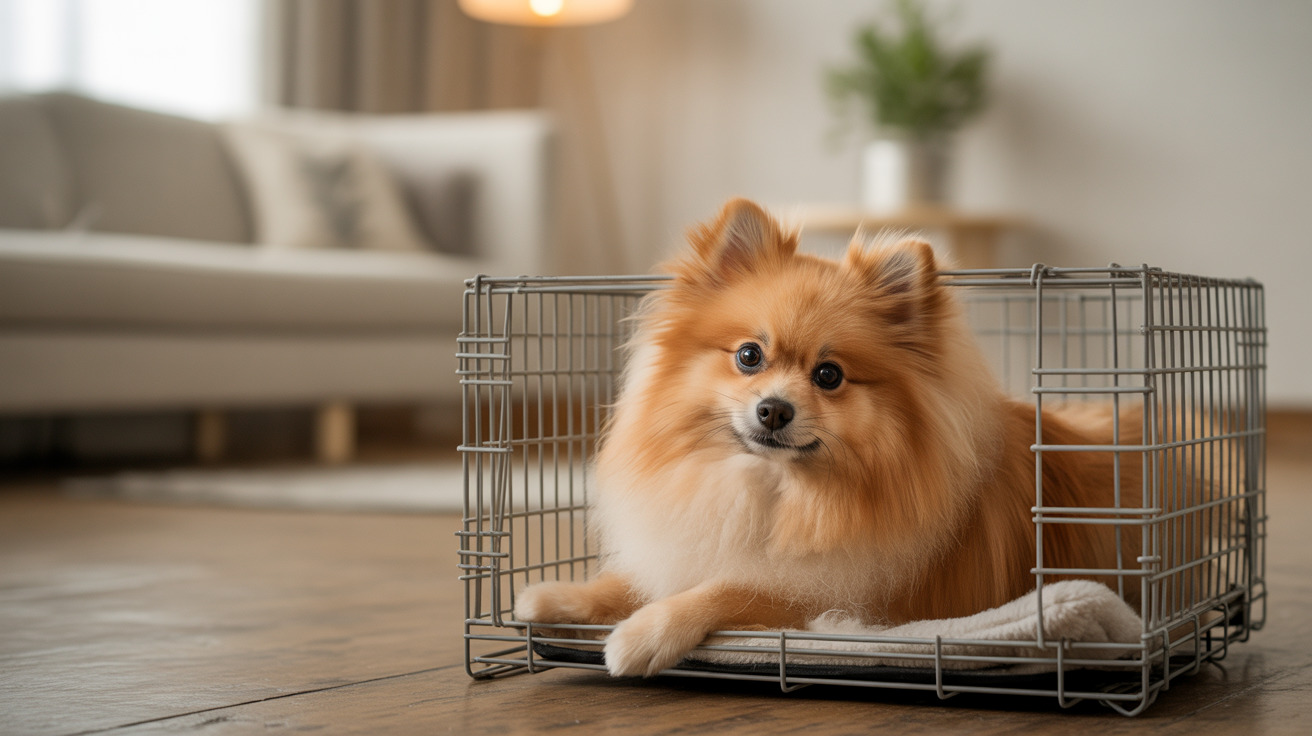A concerning situation has emerged in Cheshire, Connecticut, where the local animal control officer has stepped down following an investigation into reported neglect and abuse at the municipal dog pound. This development highlights ongoing challenges in maintaining proper care standards at municipal animal facilities.
The resignation comes after official reports detailed concerning conditions at the Cheshire municipal dog pound, raising important questions about oversight and accountability in local animal control facilities. The situation has drawn attention to the critical need for maintaining proper care standards in municipal animal shelters.
Municipal Shelter Care Standards in Connecticut
Municipal animal shelters in Connecticut operate under specific regulations designed to ensure proper care and treatment of animals in their custody. These facilities are expected to maintain certain standards of cleanliness, provide adequate food and water, and ensure appropriate medical care for all animals under their supervision.
Key Oversight Requirements
The Connecticut Department of Agriculture maintains oversight of municipal animal control facilities across the state. These facilities must comply with established protocols for animal care, facility maintenance, and operational procedures to ensure the welfare of sheltered animals.
Improving Municipal Shelter Conditions
In light of this incident, there are several general practices that communities can implement to enhance shelter conditions:
- Regular facility inspections and documentation
- Proper staff training and certification
- Clear protocols for animal care and handling
- Community involvement and transparency
- Regular reporting to oversight authorities
Role of Private Rescues and Community Support
Private rescue organizations often work alongside municipal shelters to ensure better outcomes for sheltered animals. These partnerships can provide additional resources, expertise, and support systems that benefit both the facilities and their animal residents.
Animal Shelter Oversight in Connecticut
The state maintains specific guidelines for animal control operations, including:
- Mandatory reporting requirements
- Regular facility inspections
- Documentation of animal care procedures
- Staff qualification standards
- Emergency response protocols
Frequently Asked Questions
How can I report suspected animal neglect at local municipal shelters?
If you suspect neglect or abuse at a municipal shelter, you should:
- Document your concerns in writing
- Contact your local animal control authority
- File a report with the Connecticut Department of Agriculture
- Follow up with local government officials
What are the minimum care standards for Connecticut municipal pounds?
Connecticut requires municipal animal facilities to provide:
- Clean and appropriate housing
- Regular food and fresh water
- Proper ventilation and temperature control
- Basic veterinary care
- Exercise and enrichment opportunities
How can communities ensure better oversight of local animal shelters?
Communities can improve shelter oversight through:
- Regular public meetings and transparency
- Volunteer programs and community involvement
- Independent oversight committees
- Regular facility audits and inspections
Conclusion
This situation serves as a reminder of the importance of maintaining high standards of care in municipal animal facilities. While this specific case has led to significant changes in leadership, it also presents an opportunity for communities to review and strengthen their animal care protocols and oversight mechanisms.
Pet owners and community members are encouraged to stay informed about their local animal control facilities and participate in supporting proper care standards for sheltered animals. Through vigilance and community involvement, we can work to ensure better conditions for animals in municipal care facilities.






